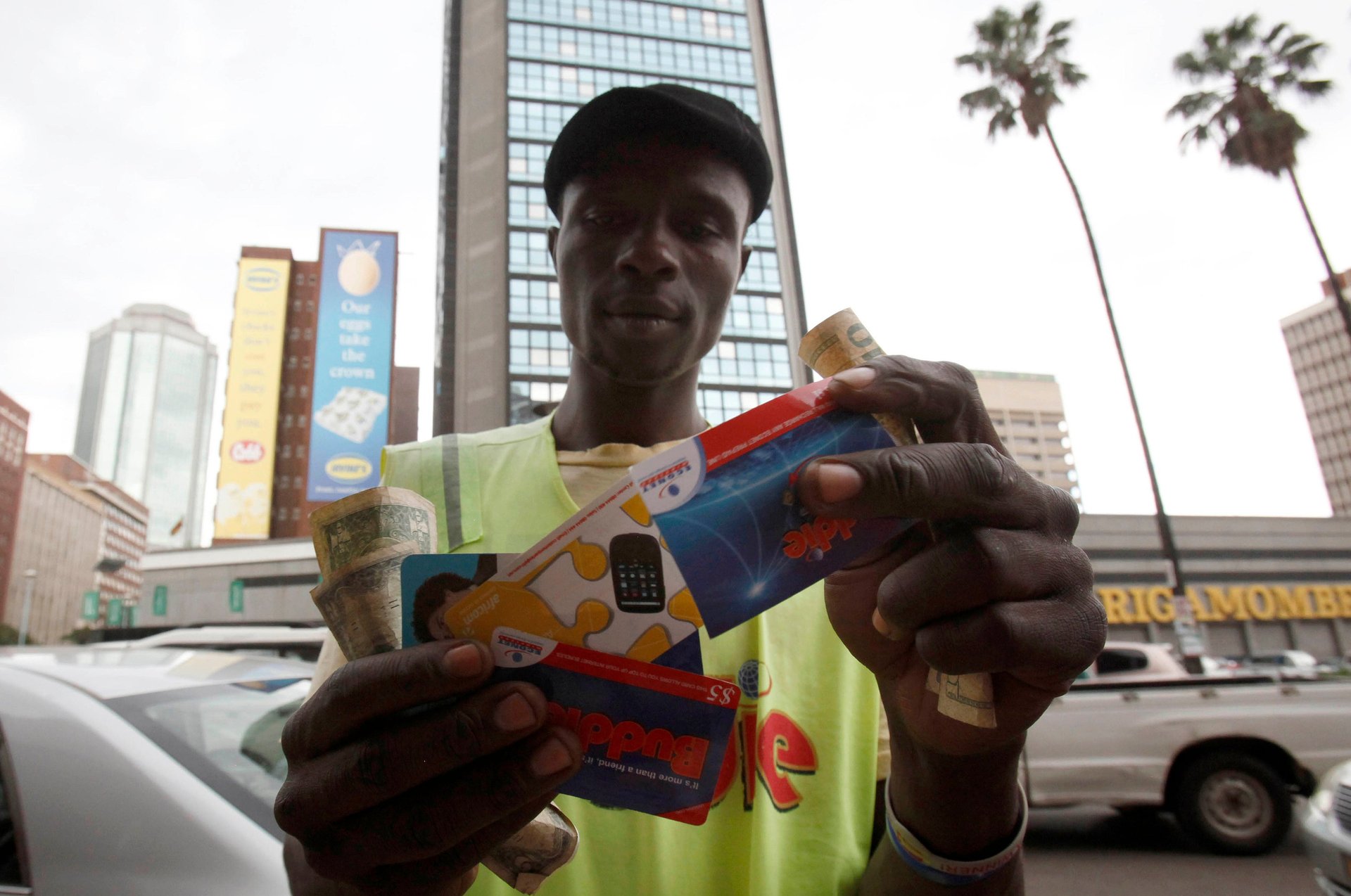Africans pay more for internet access due to a lack of competition in local markets
Africans are still paying way too much for their internet access due to a myriad of challenges including infrastructure investment and weak competitive environments in local markets.


Africans are still paying way too much for their internet access due to a myriad of challenges including infrastructure investment and weak competitive environments in local markets.
Getting all Africans online by 2030 will require around $100 billion in investment with a majority of that sum pegged for infrastructure-based spending. But most African countries do not currently have policy environments needed to make that spending worthwhile, according to the latest broadband affordability report by the Alliance for Affordable Internet (A4AI). The report analyzes the current ability of national policies to “lower industry costs and ultimately create more affordable broadband.”
More African countries are again in the bottom half of the Affordability Drivers Index scores than in the top half. One primary reason, the report notes, is the lack of competitive markets which are home to multiple broadband operators.
The impact of the lack of competition is reflected in the high costs of internet access on the continent with the average price for one gigabyte of data costing 7.12% of the average monthly salary—much higher than the defined affordability benchmark of 2% of average income.
On average, A4AI analysis estimates users in countries lacking significant competition, also referred to as “consolidated markets”, pay an extra $3.40 more per gigabyte for mobile data.
As it turns out there are more “consolidated markets” in Africa than in every other continent globally. One prominent example is Ethiopia, Africa’s second most populous country, where the state-owned telecoms company has a long-running monopoly on the market. Reflecting the relationship between competitive markets and broadband affordability, Ethiopia is ranked as the second-worst on the affordability index, only ahead of war-torn Yemen.
A4AI’s findings corroborate an Ecobank Research report released last year which showed a link between the number of mobile network operators in a country and the local data prices with competition driving down prices, as seen in Nigeria. While the price of one gigabyte of data is higher in countries with only two networks, it’s much lower in markets with more competing rival networks, it found.
“In terms of competition, gaps exist. We need to change that equation [because] the only way users benefit is to have multiple players in the market,” says Sonia Jorge A4AI’s executive director. ”We don’t think that it’s a cool idea to have people come online just because. It’s mostly because [getting connected] is transformational.
One bright note is that two African countries—Cameroon and Mali—top the list of countries making the most progress in improving broadband affordability. But, as that progress is mostly down to updating national broadband plans, it’s a job half-done “because policy is not enough if we don’t see the impact of policy,” Jorge says.
Sign up to the Quartz Africa Weekly Brief here for news and analysis on African business, tech and innovation in your inbox